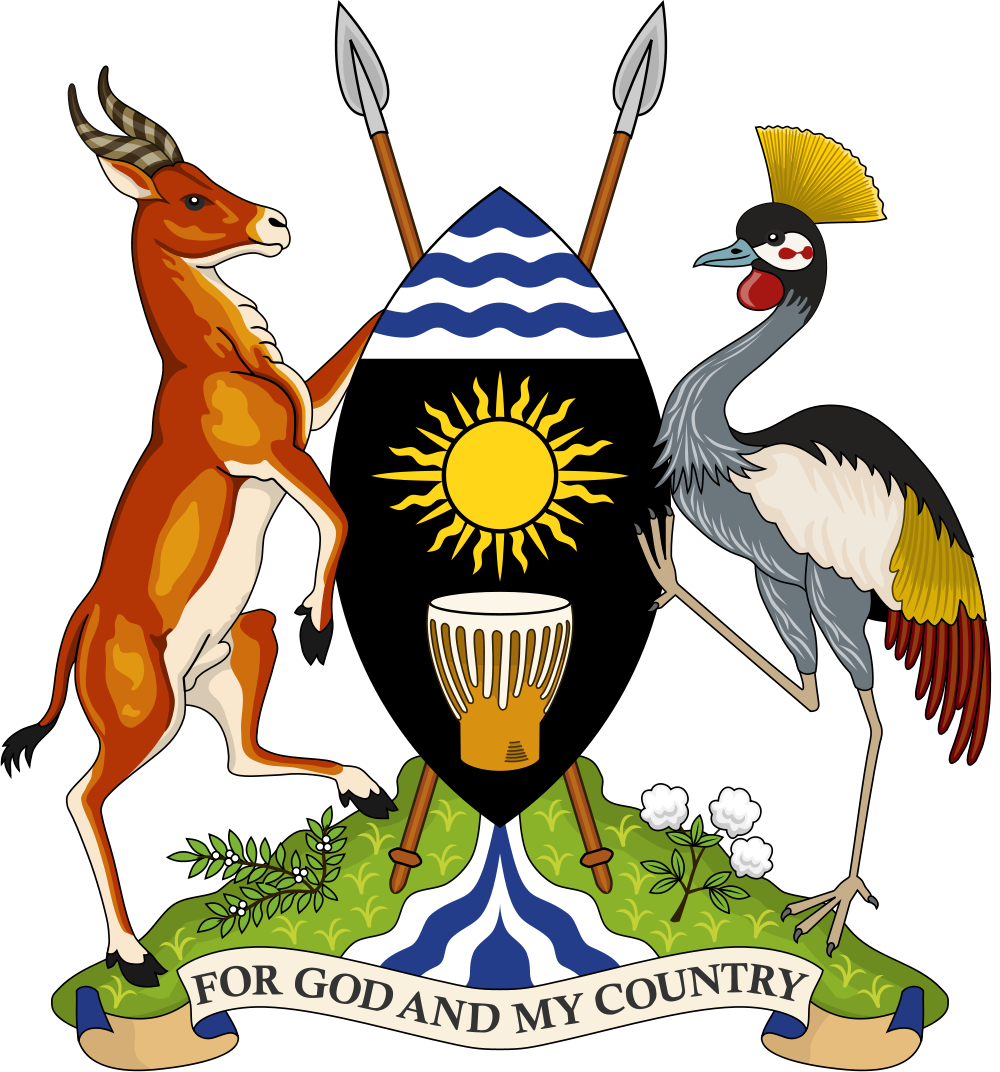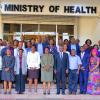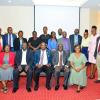AFRICA UNITES TO FIGHT CHOLERA WITH ADVANCED DETECTION & SURVEILLANCE
10 MAR 2025 - Serena Hotel
Countries under the Cholera Genomics Consortium (CholGen) have teamed up to improve the way cholera is detected and monitored. With support from Africa CDC and the Gates Foundation, these countries are working together to stop the spread of cholera.
CholGen is a collaborative initiative between the Africa CDC's Africa Pathogen Genomics Initiative (Africa PGI) and partners, alongside seven African Union (AU) member states including; The Democratic Republic of the Congo, Mozambique, Uganda, Cameroon, Zambia, Malawi, and the Federal Republic of Nigeria.
The Africa CDC and Uganda’s Ministry of Health, through the National Health Laboratory & Diagnostic Services (NHLDS) is hosting this year’s CholGen Annual Meeting in Entebbe, Uganda.
This meeting has brought together experts, researchers, and public health leaders to:
Review progress made in cholera research
Share experiences and challenges in controlling outbreaks
Discuss how to use genomic research to improve cholera response in these countries.
The Global Task Force on Cholera Control has set a goal to reduce cholera deaths by 90% and eliminate the disease in at least 20 countries by 2030 through the following strategies;
Strengthening surveillance, early detection, and quick response to outbreaks
Targeting high-risk areas with clean water, better sanitation, and vaccines
Improving coordination, technical support, and fundraising efforts.
Since 2023, Africa CDC has been working with highly affected countries of Nigeria, Cameroon, DRC, Uganda, Zambia, Malawi, and Mozambique. Along with researchers from Johns Hopkins University and Harvard Medical School, and with support from the Gates Foundation, they created CholGen to build local skills and use advanced tools like genomic sequencing to study and stop cholera outbreaks.
Cholera remains a significant public health challenge in Africa, causing numerous outbreaks and deaths each year. The CholGEN initiative was established to address this ongoing threat by harnessing the power of genomic surveillance to track the disease’s spread, identify outbreak sources, and inform targeted interventions. The consortium sequenced over 1200 Vibrio cholerae isolates, resulting in the largest dataset of high-quality V. cholerae genomes (a total of 728) sequenced locally in Africa.
This unprecedented collection of genomic data has revealed critical information about cholera circulation across the continent, filling important gaps in our understanding of the disease’s dynamics.
Since the beginning of 2025, a total of 15,954 cholera cases and 399 deaths (CFR: 2.50%) have been reported across eight Member States.




